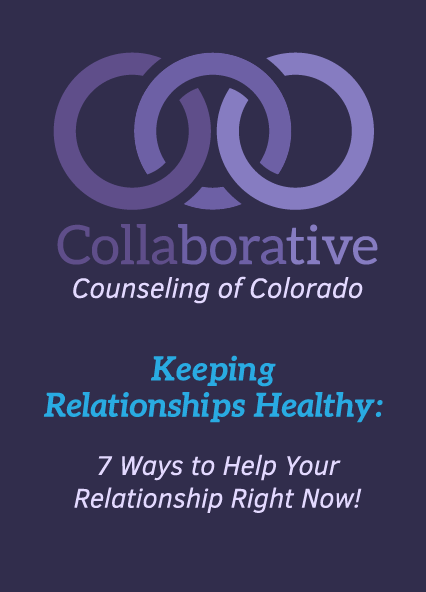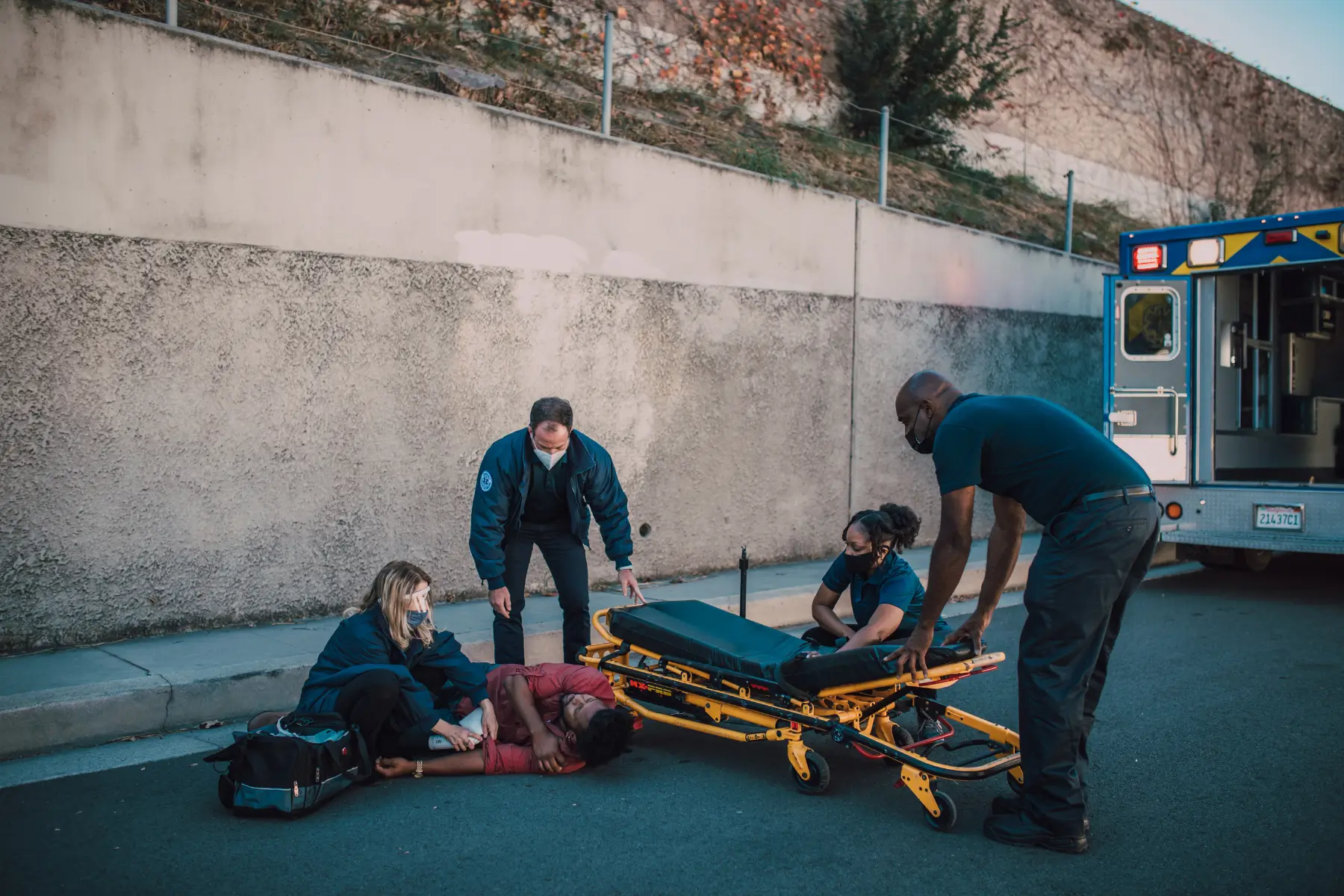“Love is that condition in which the happiness of another person is essential to your own.” – Robert A. Heinlein
“Love is more than a noun…it is a verb; it is more than a feeling – it is caring, sharing, helping, sacrificing.” – William Arthur Ward
Relationships can be so wonderfully uplifting and fulfilling when going well…and so devastating when they are not. In this post, I first wanted to create awareness around the unique relationship challenges that first responders and their significant others have to navigate. I also wanted to share a few ideas on ways that first responders and their partners can maintain meaningful connection with their loved one.
1) Stress and Trauma– The gruesome scenes that first responders have to deal with on a regular basis are the things that most people will only encounter maybe once in their lives, if ever at all. It is common for a first responder to have to jump from one stressful call straight to another. Therefore, in order to effectively do their jobs, the first responders often have to compartmentalize and detach from their emotions. This can be problematic for the first responder because of unprocessed trauma, but also for the partner, who feels left out or clueless about what the first responder is going through. Regular detachment from emotions and their experiences on shift can oftentimes make it more difficult for the first responder to connect with their partner once they come home. It becomes a habit to shut off emotions. Even those first responders who would like to share their experiences with their partner might hesitate to do so in order to protect their significant other from additional worry or vicarious trauma.
2) Stigma – There is a notable, nationwide shift happening amongst departments that are prioritizing the mental health of their crew members by improving awareness and providing additional resources. However, many departments, maybe even the majority, have lingering machismo cultures that stigmatize mental health concerns, implying that the person is “weak” and unable to handle the rigors of the job. This stigma is one of the powerful reasons why first responders may choose not to share their vulnerabilities, even with trusted members of their family, friends or their significant others.
3) Second family – There is a unique bond that happens between colleagues when they are “in the trenches” together. They can experience the same traumatic events, can reminisce over the details of the same horrific calls, can drudge through the same compassion burnout and can have the same type of struggles with loved ones at home. Therefore, the first responder’s crew aren’t just work colleagues, they often become more like family. The “second family” members are the only people who truly understand their emotional needs without needing an explanation. They immediately feel “seen” and “understood”. It might be easier for a first responder to be vulnerable and bond with their team than it is with their partner. If a partner is at all insecure in their bond with their first responder or with their own selves, this close bond with the second family can feel like a threat to the relationship. Any work done off-shift can feel like the second family is taking priority. A partner may feel insignificant and unimportant if their first responder will regularly open up to fellow crew members but not to them.
5) Schedules – Let’s say it. First responders work crazy hours! Some shifts are up to 48 or 72 hours long, nearly ⅓ of a calendar year. When someone works 9-5, Monday through Friday, they know what their weeks will look like and can plan far in advance with a good amount of certainty. They can establish a routine.
First responder schedules may include day shifts for a few months, then get switched to nights, then a few months later, get switched to swing shifts. First responders may be on shift for 48 hours and then off for 96, which is a six day week – which translates to no week is ever the same because the shift starts a day earlier than it did the week before. Then there are the mandatory overtime calls that come in that require fulfillment within an hour or less after the call comes through. It can feel like CHAOS. This is especially true if kids or other dependents are in the mix. All of the logistics, including child care, rides to and from activities, meal preps, etc. – all change week to week, day to day, and sometimes hour by hour. This is mentally taxing on the partners, who are often the carriers of the invisible labor of managing, tracking and planning around the constantly fluctuating variables.
The schedules often warrant inaccessibility. A significant other may be experiencing high levels of distress, but not have access to their first responder for hours or days because they are on a call or can’t have an emotional conversation until they get home. This means the partner has to rely on others outside of the relationship to help them (and makes them emotionally vulnerable with other people rather than their first responder), or they have to figure it out alone. Either way,
the co-regulation of emotions that normally needs to happen between romantic partners often just doesn’t happen. By the time a conversation can finally happen, the crisis has often already been dealt with. The price of a partner handling things on their own can often lead to resentment towards their first responder for not being able to support them when needed, even if the partner logically understands why their first responder couldn’t support them at the time.
Another challenge that the schedules provide in regards to maintaining connection in relationships is when the first responders are on shift during the holidays, evenings and weekends. The significant others then find themselves often going alone to social functions. They are in a committed relationship, but often feel like they are single or on their own.
4) Physical and emotional exhaustion – No matter what the shift hours look like, the first responder is often emotionally and physically drained. The shift might be done, but the ramifications from the shift can last hours or even days after the shift is over. This physical and emotional fatigue can cause irritability and moodiness. When a partner is eagerly waiting to reconnect with their first responder after their shift, but the first responder is experiencing this type of exhaustion, more often than not, attachment injuries are created or reinforced.
Do a lot of these challenges resonate with you? Here are some tips for working through some of these difficulties:
Do couples therapy! The national divorce rate for couples is around 50%. For a first responder couple, the rate is between 60-75%! Relationships are already hard, but factor in the first-responder challenges and now you are talking about “expert level” relationship challenges. When you are working under “expert level” challenges, why wouldn’t you seek out an expert in the field of relationships? If stigma is a block to doing therapy, consider Olympic athletes…they are among the best in their sport and yet every Olympian invests in a good coach (or multiple coaches!) to help them obtain their goals. And yet, I believe it is safe to say that no one would regard the athletes as “weak” because they had help in achieving their goals. Find a couples therapist who specializes in working with first responders and their partners. Code 4 Counseling has an impressive line up of therapists who have firsthand experience of the first responder life. Go to https://www.code4counseling.com/ for more information.
Prioritize the relationship – Prioritizing the relationship may be as easy as putting away phones or refraining from other electronic devices for a designated time each day so that both partners can be present with each other and not distracted.
Easier said than done sometimes given all of the constraints listed above, but put a number of dates in the calendar that are non-negotiable (even if time or logistics only work for a picnic on the living room floor after the kids are in bed). Treat it like you would an appointment at the doctor, the time is set aside and for that time, there is a singular focus – connecting with your partner.
Invest in yourself – It is equally important to pay special attention to yourself…not just your partner or your relationship. This is true for both the first responders and the partners! Be sure to cultivate your own skills, talents and hobbies that bring you joy and feelings of accomplishment. If you are able to experience feelings of joy and fulfillment that aren’t dependent on your partner, it takes pressure off of your partner to meet all of your emotional needs.
Grow your community. Associate with other first responders and their significant others. These are the only people who truly understand the unique challenges of the industry. If you work to grow and nurture these connections, they are the “village” who can help when the first responder is not available. Some ideas to connect with others in the department would be to organize meet-ups in the park, schedule a virtual “Happy Hour” via Zoom with a proposed topic to chat about, or convince the station to host a brunch or dinner…just to name a few. If
organizing group activities is not your jam, check out Revital. Revital is an extraordinary, Colorado-based organization dedicated to preemptively serving the mental health needs of first responders and their families by coordinating fun activities (think golf, go-karting, fly fishing, etc) in order to build community and to provide a safe, non-judgemental environment for addressing common stressors within the industry. You can find more information about Revital’s upcoming activities at https://www.revitalcolorado.org/.
Thanks for reading! Have more ideas or suggestions about the challenges of first responder relationships? I would love to hear from you! Email me at suzanne@denverccc.com.

